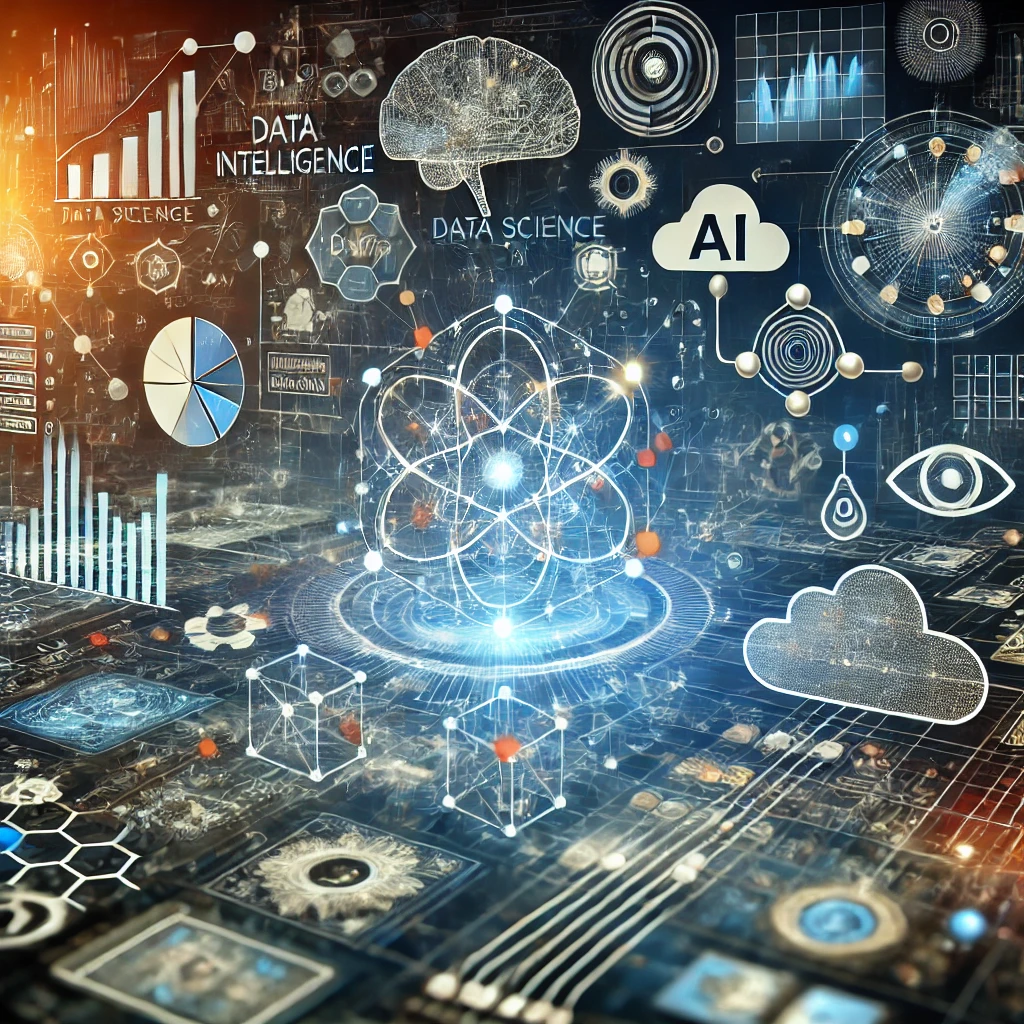The Importance of Data Science
In today’s rapidly evolving technological landscape, data science has emerged as one of the most influential fields driving innovation and growth. But what exactly is data science, and why has it become such a critical tool in the modern world?
The Rise of Data Science
Data science, which combines various techniques from statistics, computer science, and domain expertise, allows professionals to extract insights and make informed decisions based on large amounts of data. This field has grown significantly in recent years, with the explosion of data across the internet, social media platforms, sensors, and other digital sources.
Are Social Media Ads Just a Coincidence? With the power of data science, businesses can now target specific demographics with unprecedented precision. Social media advertisements, often tailored to our preferences, are not random. They are powered by data science models that analyze user behavior, preferences, and interests to create highly personalized experiences. These algorithms continuously refine themselves to ensure that advertisements are shown to the right people at the right time.
Data Science: A Powerful Tool Data science has transformed various industries, including finance, healthcare, marketing, and more. It enables companies to uncover patterns and trends in large datasets, make predictions, and drive efficiency. For example, in healthcare, data science helps doctors identify potential diseases based on patient data, while in marketing, it helps businesses optimize advertising campaigns for maximum engagement.
The Explosion of Data The amount and variety of data being generated globally has increased at an exponential rate. Every day, we create an enormous amount of data through our online activities, from social media posts to online shopping habits. This surge in data has made it even more critical to develop systems that can process, analyze, and interpret this information.
Data is often referred to as the “new oil” because, like oil, it can be refined into valuable insights that power innovation. Companies that can harness the full potential of their data are well-positioned to lead in their industries.
Artificial Intelligence and Data Science Data science is the backbone of artificial intelligence (AI) and machine learning (ML). These technologies rely on vast amounts of data to “train” models that can perform tasks like image recognition, speech processing, and natural language understanding. Without data, these systems would not be able to function.
AI algorithms, from neural networks to decision trees, rely on large datasets to make predictions and solve complex problems. As AI technologies become more advanced, the demand for skilled data scientists will continue to rise, as they are the ones who build, train, and refine these AI systems.
The Evolution of AI: From 1950 to Today The field of AI has a rich history, dating back to the 1950s when the first AI paper was published. Since then, the field has evolved through various stages, from rule-based systems to the rise of machine learning and deep learning. Today, AI is a driving force in many industries, and data science plays a pivotal role in making AI systems more effective and accurate.
Generative AI and Large Language Models (LLMs) One of the most exciting areas of AI today is generative AI, which focuses on creating new data, such as images, text, and even code. Large Language Models (LLMs) like GPT-4 and BERT are at the forefront of this technology, enabling machines to understand and generate human-like text.
These models have become widely popular, powering everything from chatbots to content creation tools. Their ability to generate coherent and contextually relevant text has made them invaluable in areas like customer service, content marketing, and even software development.
Popular Generative AI Tools Several cutting-edge generative AI tools are making waves in the tech world, including:
- Duet AI: A collaborative tool designed to assist with various tasks, including content generation and problem-solving.
- ChatGPT: A conversational AI model that can engage in human-like dialogue and assist with a range of tasks.
- Synthesia: A platform that generates AI-created video content based on text inputs.
- Claude: A generative model focused on creative content and problem-solving.
- Scribe: A tool designed to help with writing tasks, from drafting content to refining ideas.
- DALL-E 2: An AI that generates images from text prompts, offering creative possibilities for designers and artists.
- Cohere: A generative model aimed at enhancing productivity through AI-driven language understanding.
- Cohere Generate: A specialized version of Cohere designed to generate human-like text in various domains.
- Bard: Google’s conversational AI tool, focused on delivering informative and accurate responses.
- GPT-4: The latest iteration of OpenAI’s language model, capable of understanding and generating sophisticated text.
- GitHub Copilot: An AI-powered coding assistant that helps developers by suggesting code snippets and solutions.
- AlphaCode: A model designed specifically to generate programming code, helping developers with tasks ranging from simple scripts to complex algorithms.
Why Data Science Matters Now More Than Ever
As the digital landscape continues to grow and evolve, the role of data science will only become more crucial. Organizations are constantly looking for ways to leverage data to gain a competitive edge, and individuals with skills in data science and AI will be in high demand. The ability to understand, analyze, and draw insights from data is no longer a luxury—it’s a necessity for success in the modern world.
By mastering data science, professionals can not only contribute to the advancement of technology but also drive meaningful change in industries ranging from healthcare to entertainment, finance, and beyond. As we move forward, data science will continue to shape the future in profound ways.
